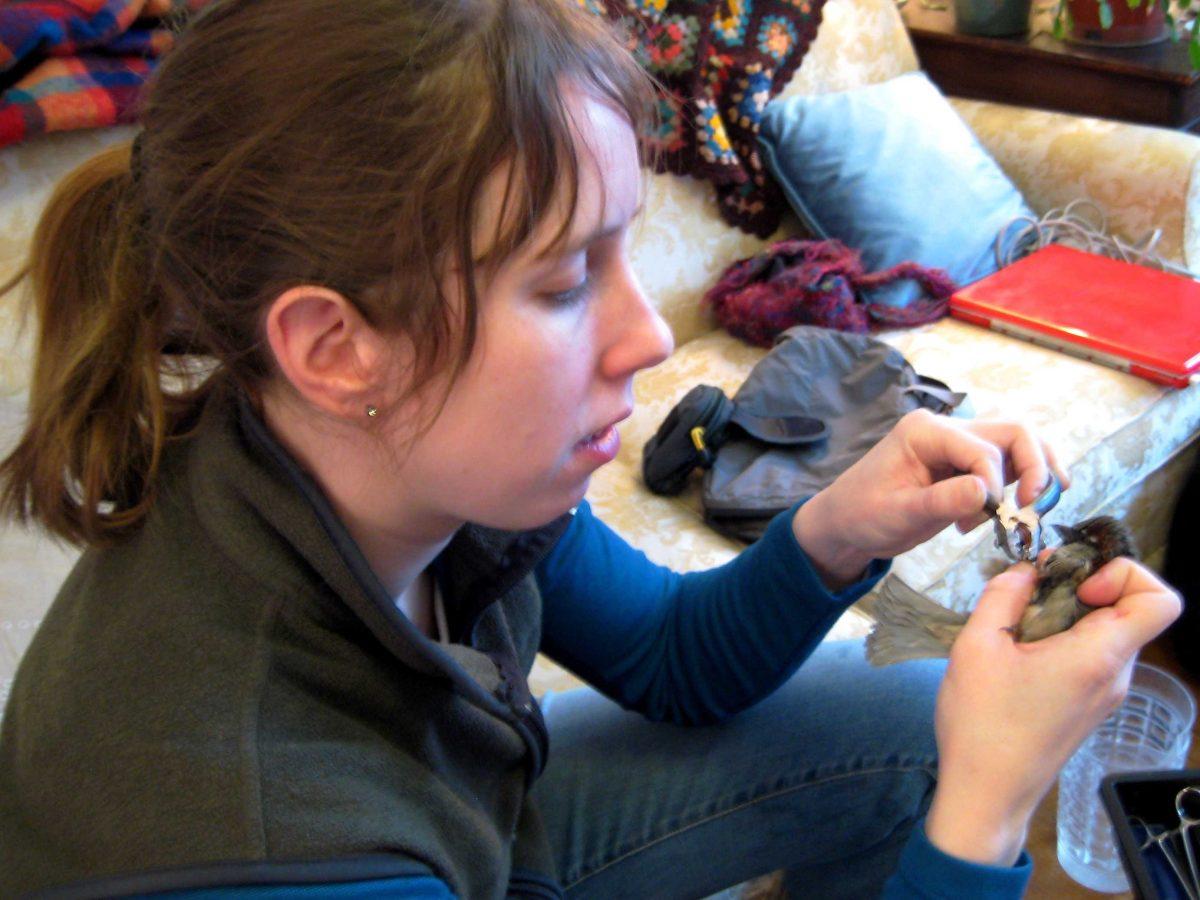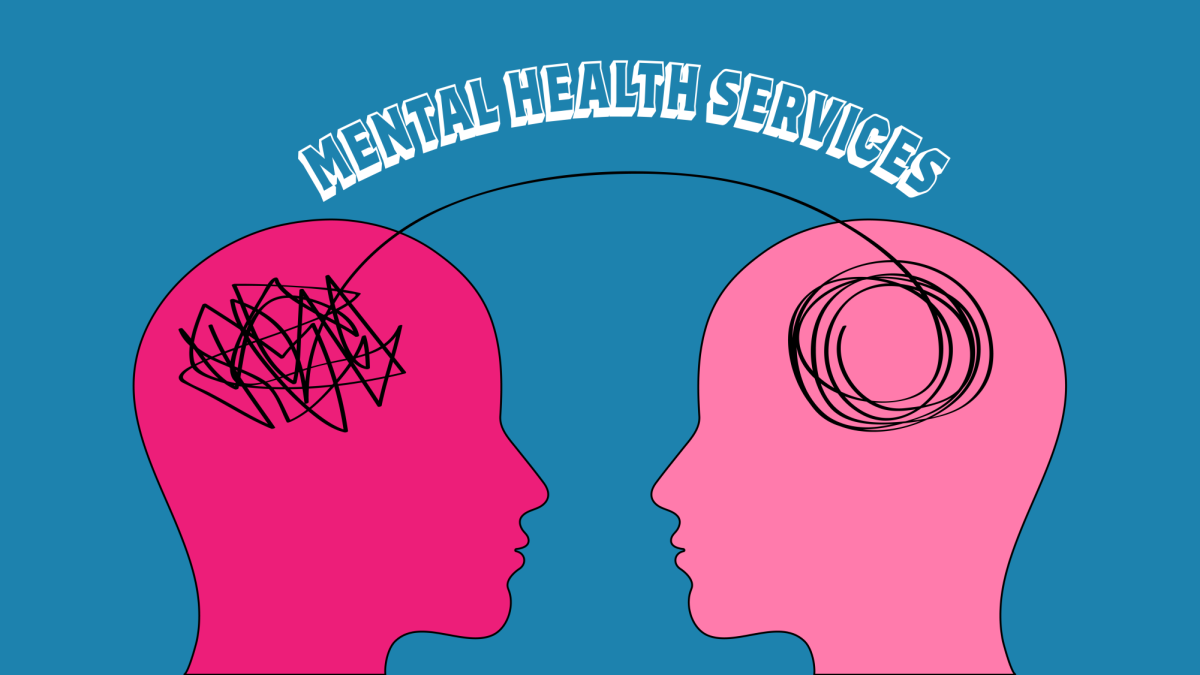I became a biologist because of my love for animals and the environment. Now, as a biology professor at LSU, I study hormones and the brain, and the work I do helps us understand how to help wildlife when they are affected by disasters like oil spills. My research also aims to help us understand why some people are able to recover from traumatic experiences while others have recurring psychological problems. Animal research like mine plays an essential part in improving human and veterinary medicine, and wildlife conservation and protection. My research is humane and responsible. It complies with all laws and regulations: the labs and animal rooms where animals are housed are regularly inspected, and the animals are monitored by researchers and veterinarians to ensure they are in good health.
There are two main reasons I do this research. First of all, we need to understand how human activity affects wildlife. Even if you are someone who only eats vegan food and would never dream of wearing fur or leather, you have negative impacts on animals as someone who consumes resources, produces waste and changes the environment to be more comfortable for you. Wildlife habitat is destroyed when new roads and houses are built. Carbon dioxide is released when you ride in a car or an airplane, and that changes the climate. The very fuel that powers those vehicles sometimes spills into the ground and the water, and those chemicals harm animals. We are all complicit.
However, in the U.S., we have made progress. We have changed some of our laws and habits to now protect the other animal species with which we share the planet. Many species, such as our national bird, the Bald Eagle, have been brought back from the brink of extinction. However, we can only take actions to help wildlife survive if we first understand what those negative effects are. This is one reason my research examining stress in wildlife is necessary.
The other reason I do this research is because animals and people are similar when it comes to how we respond to stress, because our physiological survival mechanisms are hard-wired and evolutionarily ancient. By understanding how chronic stress affects wild birds, and the neurobiological basis for stress resilience, we can better understand how to prevent and treat stress-related disorders in people.
However, for the past year, I have been harassed by the animal activist organization PETA, which espouses extreme views such as opposing having animals as pets and eating meat. They also are opposed to all research that needs animals, even life-saving research that has led to treatments for HIV/AIDS, breast cancer and mental illness. Scientific research is the right thing to do to help us solve lingering problems in human health and wildlife management. We all benefit from animal research — humans and animals alike. And we cannot afford to stop scientific progress.
Dr. Christine R. Lattin is an assistant professor at LSU.
Letter to the Editor: Animal research necessary to improve human, animal medicine
September 3, 2018
LSU biological sciences professor Christine Lattin attaches a band to a House Sparrow.







